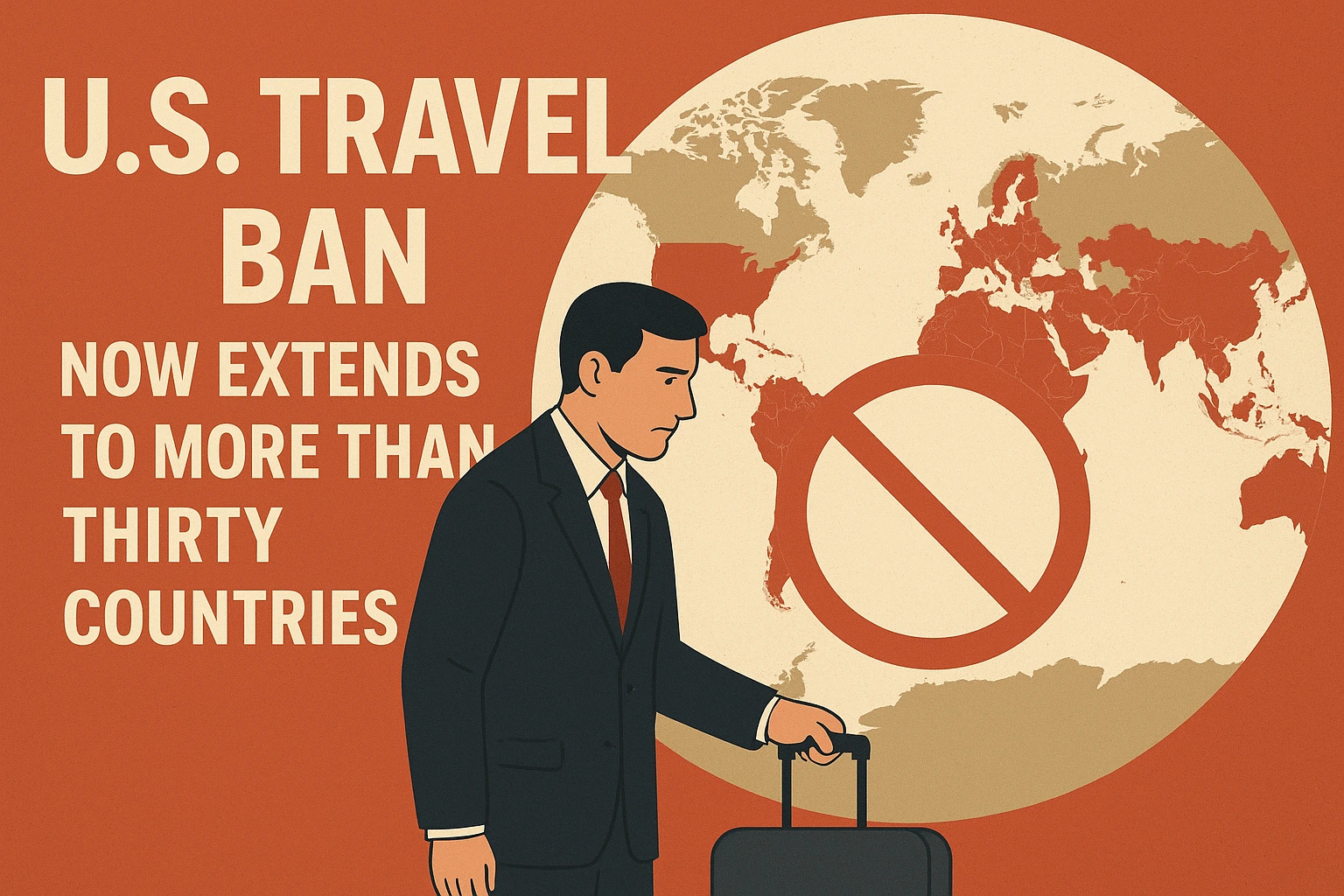Top Benefits of the EB-1 Visa Compared to Other U.S. Green Card Options

The pathway to permanent residency in the United States comes through working visas. The EB-1 and other employment-based visas provide a chance for foreign nationals who can maintain their livelihood in the US when they work for any organization in the US.
Several variants of working visas, like the EB-1, EB-2, and EB-3 visas, can be a pathway to US citizenship and have unique advantages for the holder. The EB-1 visa is the most sought-after, providing the green card option faster than other visas.
What is an EB-1 Visa?
According to Connie Kaplan from Clear Horizon, the Employment-Based-1 (EB-1) visa is special for highly skilled and esteemed individuals because it provides the option for permanent residency in the country.
The broad prospect of an EB-1 visa is to attract talent worldwide and give them a chance to immigrate to the country, bringing their high skill, which can contribute to the growth in specific domains.
The visa application for EB-1 was started in 1990 by the Office of the United States Citizenship and Immigration Service. It is for extraordinary talents without the necessity of proving labor certification.
The USCIS document states that people who have a one-time achievement like a Nobel Prize, a Pulitzer, or an Olympic Medal are the ones who are eligible for EB-1 visas. Even others who want to get promoted to the application status of this visa can get promoted by fulfilling 3 conditions out of the 10 that the department has listed. The EB1 visa success rate makes it one of the most coveted visas among industry experts.
What is the difference between EB1, EB2, and EB3?
The different types of employment-based visas are different based on their preferences. The EB-2 visas and EB-3 visas are different as they have the second and third preferences, respectively.
EB-1 Visa:
In this application, the immigration office seeks proof that someone has extraordinary ability and capability in a particular domain. It can be a writer or a sports individual who wants to foray into the genres of science, business, sports, or arts.
To get a visa for staying and working in the country under this category, one must provide extensive documents about their professional achievement. The best prospect for EB-1 visas is that it allows an individual to get a green card, which is the path toward permanent residency.
EB-2 Visa:
These visas come with a second priority order, where one needs to show their advanced degree in a particular field and 5 years of work experience in that industry. Under this visa, one also needs a job offer from the employer, and through that, one can only get into the country.
There is a narrow part where the EB-2 visa can get higher priority if the visa application has the NIW (National Interest Waiver) category. The USCIS states that the EB-2 visa application can be processed without needing a labor certificate if the work that a person will do will benefit the national interest of the United States.
EB-3 Visa:
EB-3 applications come at the third priority, where an immigrant needs to have at least two years of work or training experience in that field. The offer for an EB-3 visa can only be processed if there is a job offer from the employer, and through that petition, one can have the chance to work in the country.
Unlike EB-1 visa requirements, EB-3 visa holders must be professionals and have a labor certification to be eligible to complete the visa application process. The key limitation of this visa is the longer processing time, and if a country has a long list of applicants under this category, the process becomes much lengthier.
Key Advantages of the EB-1 Visa
There are several advantages of the EB-1 visa, which make it the most sought-after visa application among global experts.
1. Priority Processing
Under the EB-1 visa criteria, applicants experience swift entry into the United States because it belongs to the “first preference” employment-based green card category. Quick entry into the United States becomes more achievable for applicants under the EB-1 category due to its reduced waiting time compared to EB-2 and EB-3 visa classifications.
2. No Requirement for Labor Certification
The work certification process demands that employers demonstrate the absence of qualified domestic talent for the position, but requires substantial difficulty and extended duration. The EB-1 visa eligibility process directs applicants to their next steps because they do not need to complete obligatory documentation that would slow down the application. Multinational companies benefit specifically from this exception if they need to relocate their executive employees who demonstrate extraordinary abilities.
3. Options for Self-Petitioning
Under the EB-1 category, green card applications permit applicants to pursue self-application if they carry exceptional abilities. The immigration option under the EB-1 class allows applicants with extraordinary abilities to file their green card petitions independently because this program does not require employer sponsorship.
As an extra advantage, the EB-1A waiting time is far less than all the other visa categories. To get further details about the EB-1 visa, you can schedule a session of EB-1 green card consultancy with GCEB1. We have been consistently providing mentorships to visa and green card aspirants for a long time, and we have a clear idea about what the USCIS looks for. We are not attorneys, and we don’t provide legal counselling. However, we have created a thorough guided mentorship program that will help you organize your EB-1 goals better and put you in touch with the right networks to succeed. Try a free assessment call to know how we can help you out.





.webp)
.png)
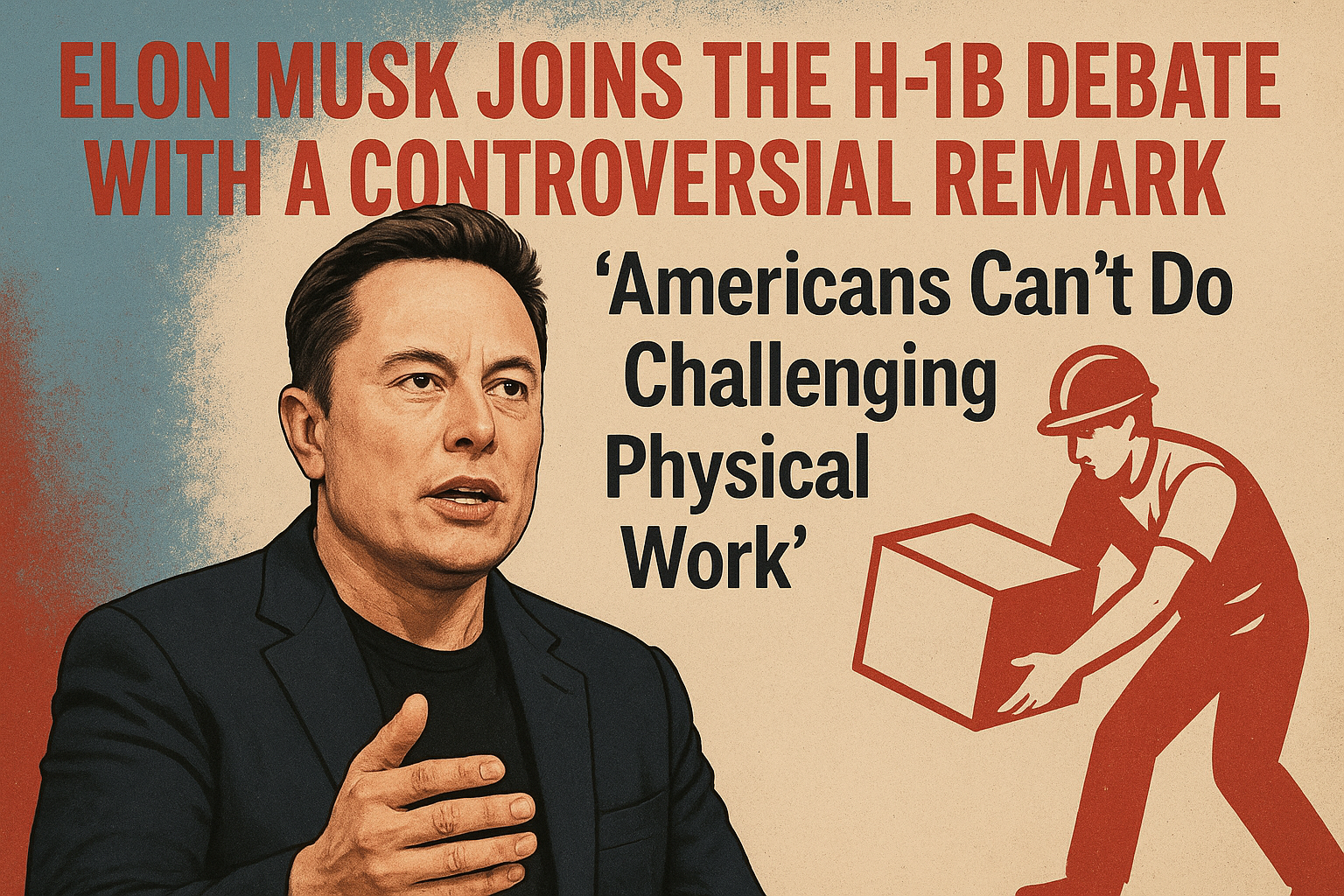
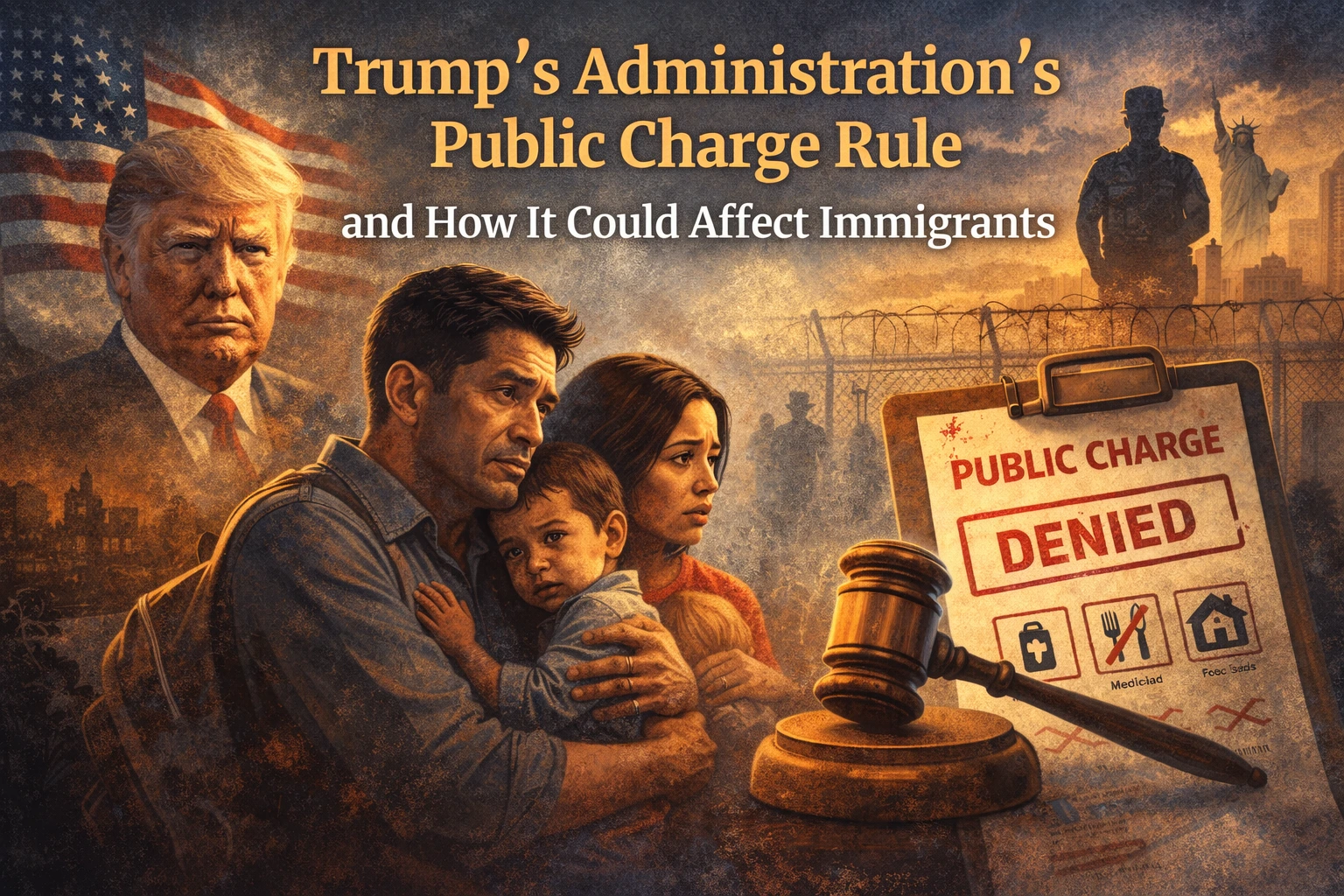
.png)
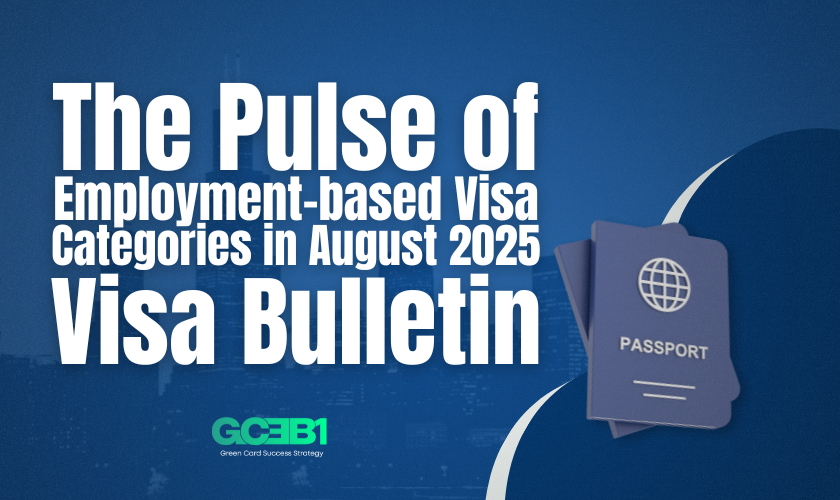
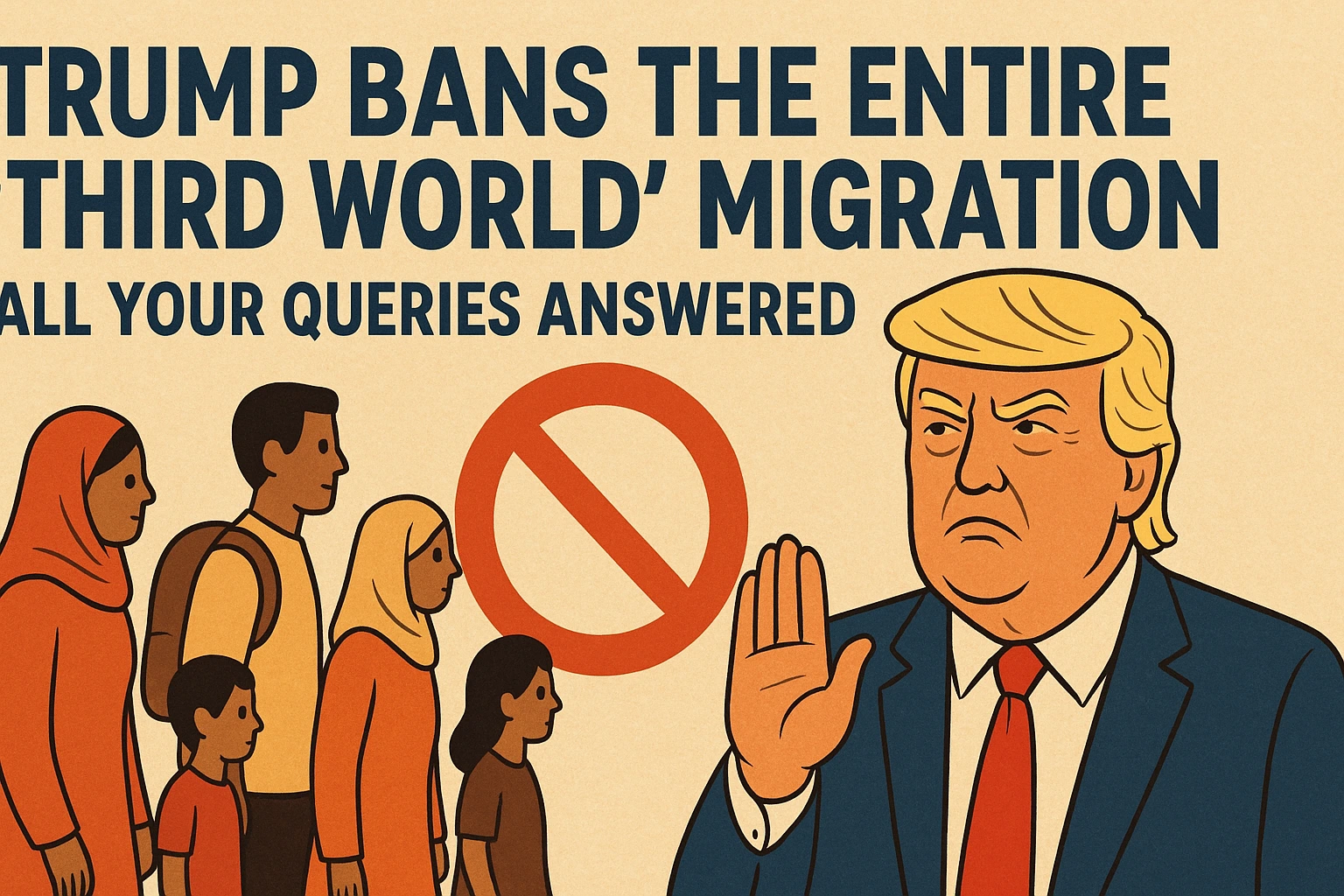
.png)
